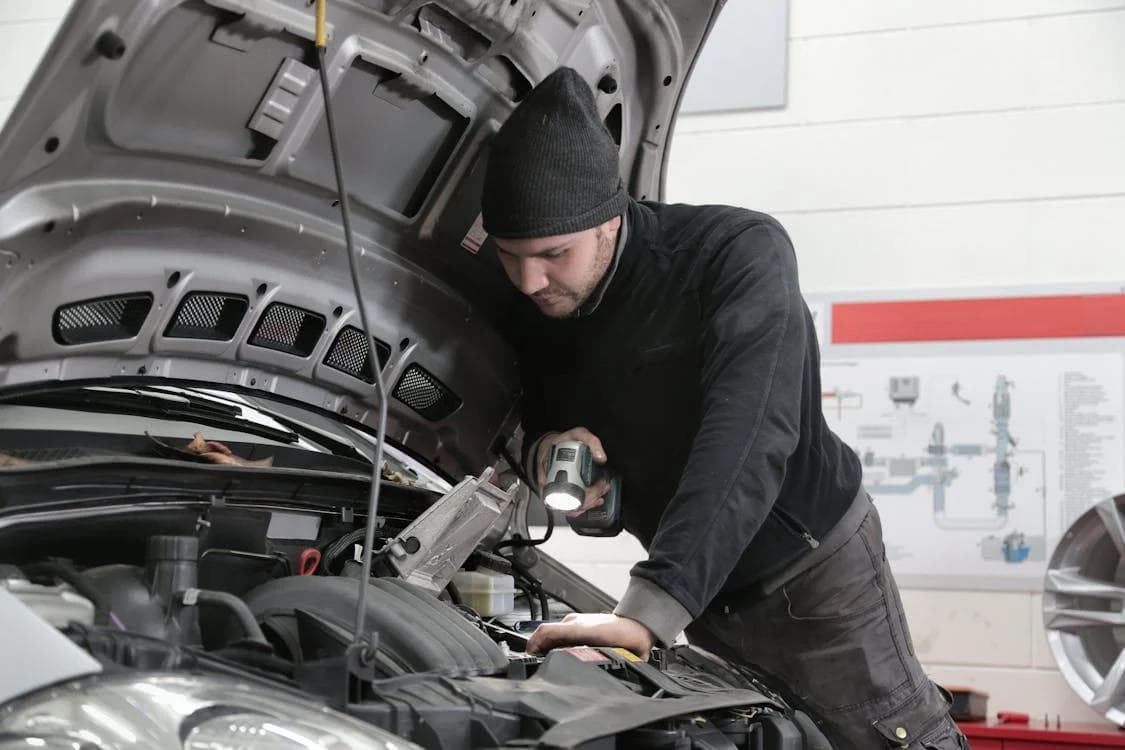10 Key Factors Influencing Car Repair Costs
When your car needs repairs, understanding the factors that influence the cost can help you budget more effectively and make informed decisions. Car repair costs can vary widely, and several variables play a crucial role in determining the final bill. Here are the top 10 factors that affect your car repair cost estimation:
1. Make and Model of the Vehicle
The make and model of your car significantly influence repair costs. Luxury and high-performance vehicles typically require specialized parts and expertise, leading to higher repair costs. Additionally, some car brands have parts that are more expensive or harder to source.
2. Age of the Vehicle
Older vehicles might have parts that are harder to find, making them more expensive. However, newer models with advanced technology and electronics can also be costly to repair due to the complexity and the need for specialized equipment and knowledge.
3. Type of Repair
The nature of the repair itself is a major factor. Routine maintenance tasks like oil changes or brake pad replacements are generally less expensive than more complex repairs such as transmission rebuilds or engine replacements.
4. Parts: OEM vs. Aftermarket
Original Equipment Manufacturer (OEM) parts are typically more expensive than aftermarket parts. While OEM parts guarantee a perfect fit and performance, aftermarket parts can offer a more cost-effective solution but may vary in quality.
5. Labor Rates
Labor costs can vary significantly depending on the location and the repair shop. Dealerships and specialized repair shops usually charge more for labor compared to general mechanics or independent repair shops.
6. Location
The geographical location of the repair shop can impact the cost. Urban areas with a higher cost of living tend to have higher labor rates and part costs compared to rural areas.
7. Warranty and Insurance
If your car is still under warranty, some repairs may be covered, reducing your out-of-pocket expenses. Similarly, if the repair is due to an accident, your insurance coverage may affect the cost.
8. Diagnostic Fees
Some repairs may require extensive diagnostic testing to identify the problem. These diagnostic fees can add to the overall cost, especially if the issue is complex and time-consuming to pinpoint.
9. Urgency and Timing
Emergency repairs or those that require immediate attention can sometimes be more expensive. Shops may charge a premium for expedited services or for repairs done outside of regular business hours.
10. Supply and Demand
The availability of parts and the demand for certain services can influence repair costs. For example, during winter, the demand for tire changes and related services might increase, potentially affecting prices.
Conclusion
Understanding the factors that influence car repair costs can help you navigate the process more effectively and make informed decisions. Always ask for detailed estimates and consider getting second opinions for major repairs. Being informed and proactive can help you manage repair costs without compromising on quality and safety.
